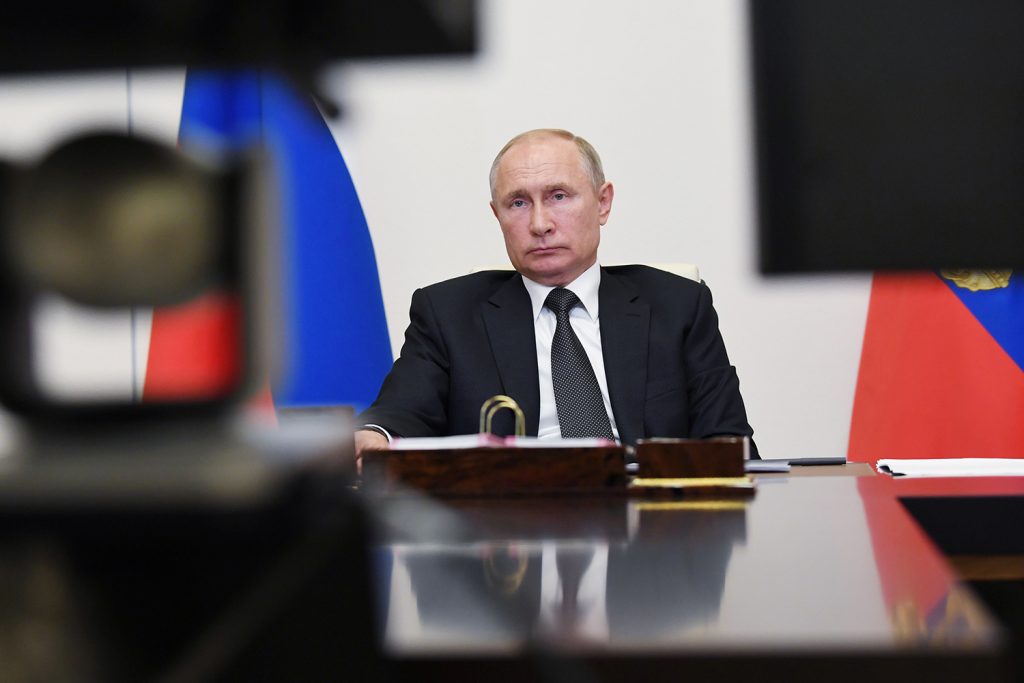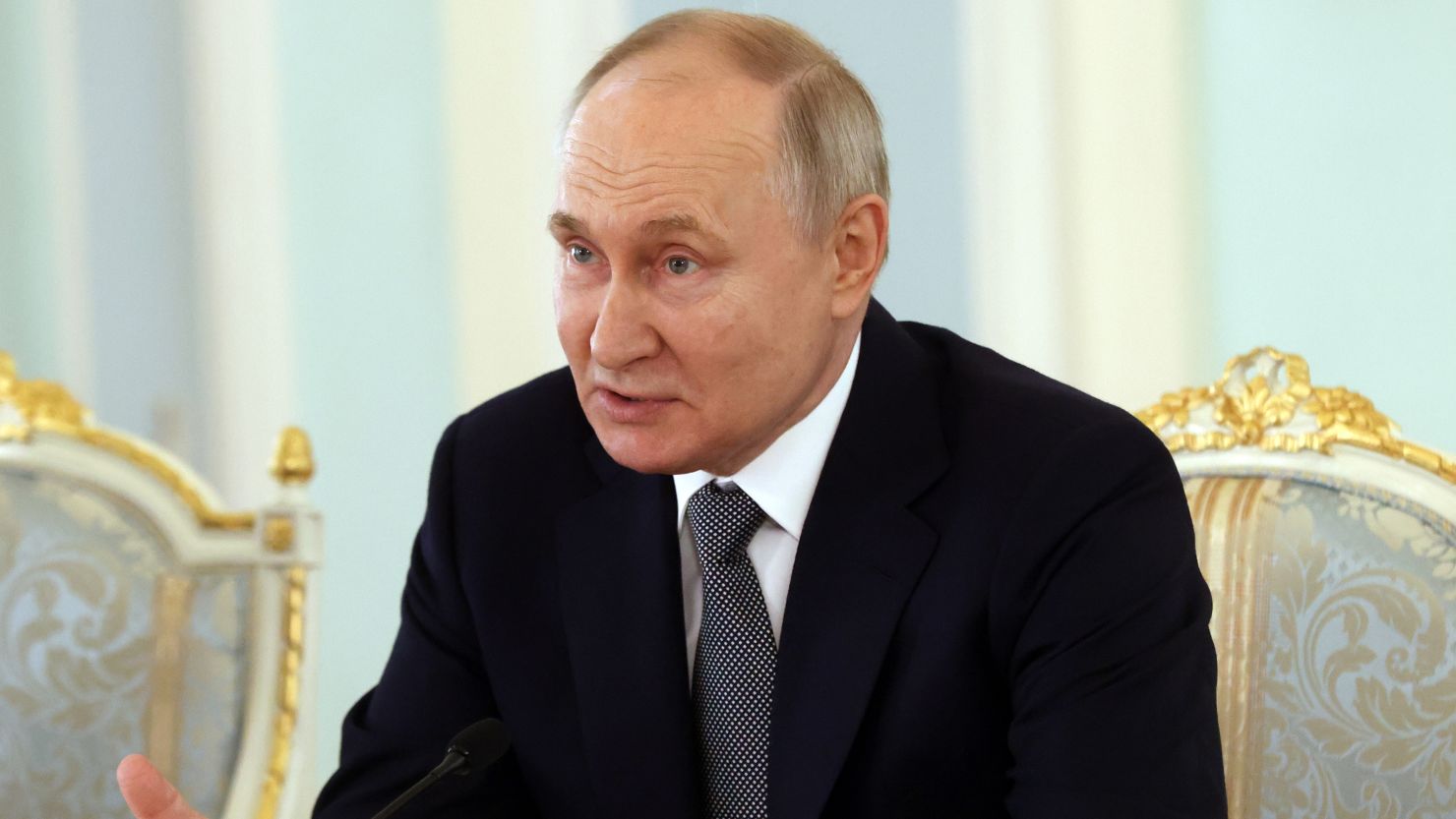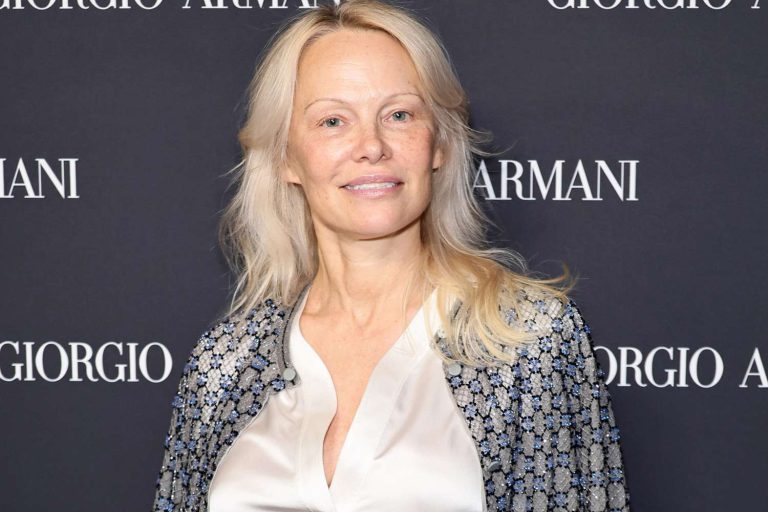Russia’s economy has been surprisingly resilient over the past three years, buoyed by government stimulus and rising wages.
President Vladimir Putin’s invasion of Ukraine ignited an economic boom built on state-backed support. Yet, as 2025 approaches, the bill for this economic surge is about to come due.
Despite a seemingly optimistic atmosphere in Moscow, with packed restaurants and luxury stores continuing to thrive, experts are increasingly warning that Russia’s post-invasion economic growth is likely to slow in the coming years.
High inflation, elevated interest rates, and a host of other challenges are putting the brakes on Russia’s war-driven economic expansion.
“A relatively good period for the Russian economy, which was based on previously accumulated resources, is over,” said Oleg Vyugin, an economist and former central bank official. “High inflation eats away at all that seemingly short-lived success.”
The Strain of Inflation and High Borrowing Costs
Although Russia’s economy has weathered external pressures, including sanctions and a fluctuating ruble, inflation remains stubbornly high, and borrowing costs are at record levels.
The Bank of Russia’s decision to keep interest rates at 21% as of December — higher than in the immediate aftermath of the invasion — reflects the central bank’s ongoing battle with inflation.
Yet, critics say this approach may be causing more harm than good, stifling investment and risking a wave of bankruptcies across multiple sectors.
“High borrowing costs are taking their toll,” said Sergey Dmitrieyev, an IT specialist from Moscow. “While the middle class is doing okay for now, less well-off people are feeling the strain.”
The car dealership sector, for example, is grappling with potential bankruptcies, as soaring interest rates make it harder for consumers to afford loans for big-ticket items like vehicles.
Similarly, Russia’s agriculture industry faces significant challenges, as farmers struggle to secure funding for planting in the spring.
Even the country’s largest companies, like state-controlled pipeline operator Transneft and Russian Railways, are reevaluating their investment plans due to the high cost of borrowing.
Private businesses, including major players like steelmaker Severstal and mining giant MMC Norilsk Nickel, are also scaling back investments, and aluminum producer United Co. Rusal is considering cutting production by more than 10%.
A Forecast of Slower Growth

Russia’s central bank has lowered its growth forecast for 2025, predicting a sharp slowdown to as low as 0.5%, down from an estimated 3.5%-4% growth last year.
The Economy Ministry’s outlook remains more optimistic, with a forecast of 2.5% growth this year, but even President Putin has acknowledged the cooling economy, calling it part of the government’s plan to “stabilize” inflation.
Economist Sofya Donets of T-Investments describes 2025 as “a year of belt tightening,” predicting that creditors will benefit while borrowers face tough times ahead.
The central bank is projecting inflation to decrease to 4.5%-5% by the end of 2025, while interest rates are expected to remain elevated at 17%-20%.
This period of slower growth comes after a wartime economic surge that relied heavily on stimulus measures.
As inflation continues to erode purchasing power, Russian consumers and businesses will likely face continued challenges in 2025.
The Risks Ahead: Oil Prices and Sanctions
One of the biggest risks to Russia’s economy next year is the volatility of global oil prices. As a major exporter of crude, any significant decline in prices would put immense pressure on the state budget.
“If the price of oil drops further, the government will have to make sacrifices,” said Sofya Donets.
In addition to oil price fluctuations, the impact of international sanctions remains a key factor. The disruption in gas transit via Ukraine, while not expected to have a massive economic impact, could still cost Russia an estimated 0.2%-0.3% of GDP.
Payment problems and a growing foreign currency deficit are also weighing on Russian businesses, slowing imports and exports of key commodities like coal and aluminum.
“The main risks for Russia are problems with payments,” said Alexey Vedev, a former deputy economy minister.
These disruptions have made it more difficult for businesses to access affordable financing, particularly through yuan-denominated bonds, which have slowed in the second half of the year.
The Role of China and Potential Risks
Russia’s economic future is further complicated by its reliance on China, which has its own economic challenges. If China’s economic slowdown deepens, Russia could feel the impact of lower demand for its exports.
Yet, despite these headwinds, Moscow remains committed to increasing trade with Beijing and moving further away from reliance on Western markets.
If the war in Ukraine were to end abruptly, it could lead to a strengthening of the ruble, improved investor confidence, and an influx of foreign capital.
However, if the conflict continues for an extended period, persistent inflation and tight fiscal policies could drag down growth even further.
Conclusion: A Soft Landing or Bumpy Decline?
Despite the challenges, there is little immediate expectation of a full recession in Russia.
Analysts believe that with constrained investment and ongoing economic adjustments, the country could continue to experience small increases in output, but no major economic downturns in the short term. “There is no reason to expect a recession,” said Nikita Kulagin of Sovcombank.
However, experts like Sofya Donets remain cautious. “The risk of a recession is also the highest in the last three years,” she warned, predicting that some quarters of 2025 could even see negative growth.
With inflation still high, interest rates pushing down consumer spending, and oil prices a wild card, Russia’s economy is likely to face a bumpy road ahead as it transitions away from the war-driven growth that has defined the past few years.
Our editorial team has thoroughly fact-checked this article to ensure its accuracy and eliminate any potential misinformation. We are dedicated to upholding the highest standards of integrity in our content.






Leave a Comment